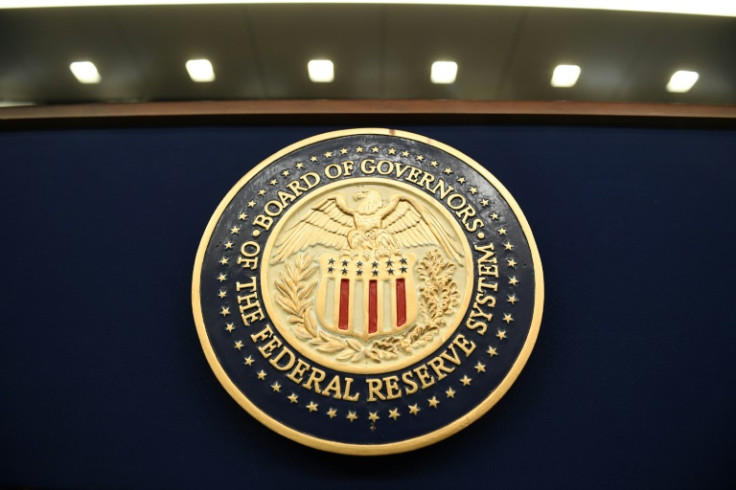
KEY POINTS
- The proposed legislation wants to prohibit the use of CBDCs 'for monetary policy, and for other purposes'
- Cruz said Congress should 'clarify' that the Fed has no authority to implement a CBDC
- A Heritage economist that a CBDC could 'gut the U.S. dollar'
Several GOP senators have introduced legislation that could block the Federal Reserve's authority to implement a central bank digital currency (CBDC). President Joe Biden's government previously announced support for research on a potential digital dollar, but a group of Republican senators argued that such a move could infringe on financial privacy freedoms.
In the proposed CBDC Anti-Surveillance State Act introduced by Republican Sen. Ted Cruz of Texas this week, it is stated that the "Secretary of the Treasury may not, absent Congressional authorization, direct the Board of Governors of the Federal Reserve System to issue a central bank digital currency."
The proposed legislation was co-signed by GOP senators Rick Scott of Florida, Ted Budd of North Carolina, Bill Hagerty of Tennessee and Mike Braun of Indiana.
The bill aims to "prohibit the Federal Reserve banks from offering certain products or services directly to an individual, to prohibit the use of central bank digital currency for monetary policy, and for other purposes."
In a statement during the bill's filing, Cruz said the Biden administration "salivates at the thought of infringing on our freedom and intruding on the privacy of citizens to surveil their personal spending habits." He said Congress "must clarify" that the Fed has no authority to implement a U.S. digital currency.
Budd noted that "ensuring financial privacy" was critical at a time when U.S. citizens were faced with "the prospect of an increasingly weaponized government. Scott, for his part, said the White House "has no business spying on Americans to control their personal finances" and monitor their financial transactions.
Conservative policy advocacy group and think tank The Heritage Foundation also expressed opposition over a U.S. CBDC, saying such currencies are "programmable, traceable, trackable & taxable tokens."
CBDCs are programmable, traceable, trackable, & taxable surveillance tokens.
— Heritage Foundation (@Heritage) February 27, 2024
The last thing we need is the government surveilling our every purchase & punishing our personal finances the way they’re already punishing conservative thought.@profstonge pic.twitter.com/2c6gtkTwyF
Heritage economist Peter St Onge warned that a CBDC could "gut the U.S. dollar" as it will be replaced by a "manipulated token" that can empower a "totalitarian" government to control the American people's money.
Crypto industry group the Blockchain Association lauded the bill's introduction in a series of posts on X (formerly Twitter), pointing out that there were "major privacy concerns" with CBDCs, including the government's ability to gather "intimate personal" data from U.S. citizens.
It said an American digital dollar can give the government the power to "freeze funds for any reason."
1/ CBDCs present major privacy concerns for everyday Americans, including granting the government the ability to collect intimate personal details on U.S. citizens, and potentially track and freeze funds for any reason.
— Blockchain Association (@BlockchainAssn) February 26, 2024
The Biden administration announced its support for studies and further research on a potential U.S. CBDC back in 2022. The Fed said in 2023 that it has "made no decision" yet on issuing a CBDC, and would only move forward with an issuance under an authorizing law.







